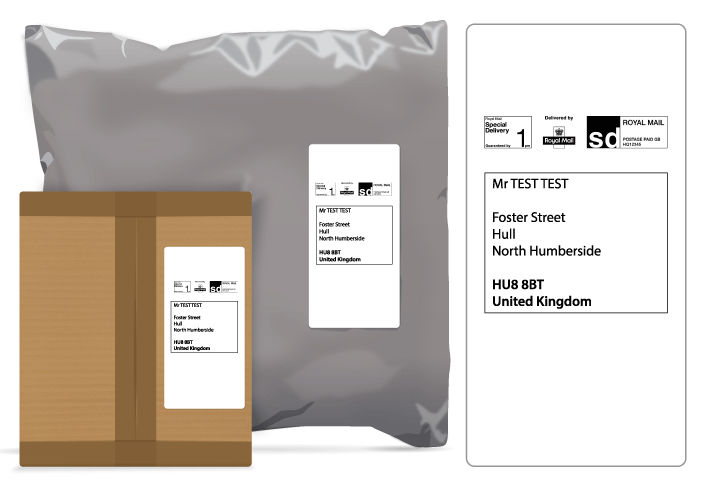SELFCheck Faecal Immunochemical Test (FIT): Monitor Your Bowel Health with The SELFCheck Home Bowel Cancer Test
Stay Proactive with Early Detection
The SELFCheck Faecal Immunochemical Test (FIT) is a home bowel health test designed to help you find out whether you may be at risk of developing bowel cancer.
The test requires only a small stool sample and uses the faecal immunochemical test method (FIT) to give you an easy-to-read visual result in less than 10 minutes.
This test has a detection limit of 40µg Hb/g faeces, making it more sensitive than current (as of October 2023) NHS bowel screening programmes. Choosing a test that is not overly sensitive (<10µg Hb/g faeces) for screening purposes is important, as overly sensitive tests may lead to false positives and unnecessary worry or further investigation. Your doctor may, however, choose a more sensitive test if you have symptoms typical of bowel cancer.
What is a Faecal Immunochemical Test?
The faecal immunochemical test (FIT) is the test method used in NHS bowel cancer screening programmes as a reliable way to check for the early stages of bowel cancer. Unlike older faecal occult blood tests (FOB), which can be influenced by diet (including eating meat), FIT uses specific monoclonal antibodies to detect only human haemoglobin (Hb) in the stool. It’s important to understand that blood in your stool may be due to reasons other than colon polyps or bowel cancer. The SELFCheck FIT has a cut-off designed for screening people without symptoms. Always speak to your doctor if you have bowel cancer symptoms or see visible blood in your stool.
As the test uses the FIT detection method, there’s no need to change your diet or fast before using the test.
Although FIT tests are a sensitive and simple way to screen for bowel cancer, colon polyps can bleed intermittently, so testing just once could miss a diagnosis. Testing more than once increases the chances of detecting early-stage bowel or colon cancer.
There’s no need to send a sample away – the kit contains a test cassette that lets you check your own stool sample and get a reliable result in 10 minutes.
How to Use the Test:
-
Collect three samples from different areas of a recent stool.
-
Place the samples into the provided tube.
-
Add two drops of the solution, shake well, and wait five minutes for the result.
Who Should Use This Test?
Recommended for everyone, particularly adults aged 40+.
What Does Blood in Stool Mean?
Blood in stool can result from polyps, bowel inflammation, haemorrhoids, or digestive changes—not necessarily cancer.
Interpreting Results:
Medications, alcohol, and certain conditions can affect results. Always read the instructions carefully. A negative result doesn’t rule out all bowel conditions.
Testing Frequency:
Adults over 40 should test at least once a year for hidden blood in stool.
Positive Result?
Consult your doctor to determine the source of the blood. Do not make medical decisions without professional advice.
Expert Endorsement:
As highlighted in the Daily Mail’s ‘Good Health’ section, this test works similarly to the free colorectal screening offered to those over 60. If you qualify for a free test, see your GP or healthcare provider.







